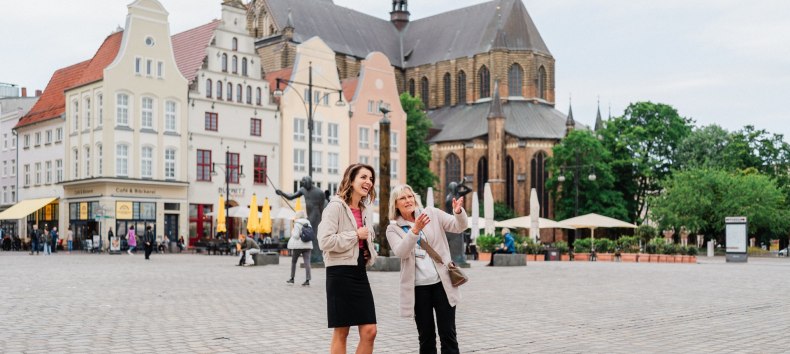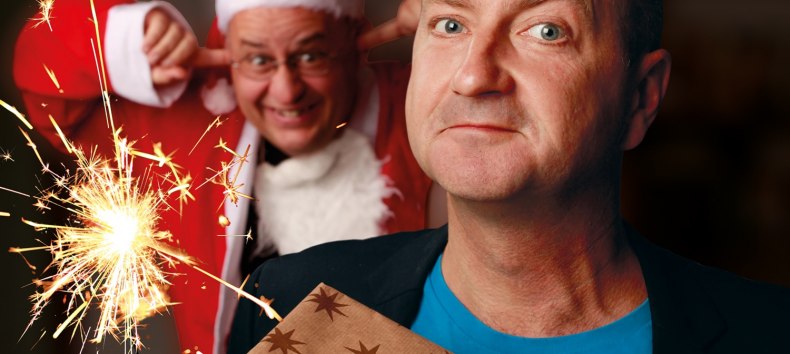Maurice Steger presented an Advent concert with the finest baroque music, accompanied by Hille Perl and Michael Freimuth. Steger convinces worldwide
Maurice Steger, flute
Hille Perl, viola da gamba
Michael Freimuth, lute
"Advent concert"
Finest baroque music
Georg Philipp Telemann (1681-1767): Sonatina in A minor for recorder & b.c., TWV41:a4
Anonymus: - A Jacobean Masque
Compiled by Robert Johnson, Giovanni Coperario and Sir Nicolas le Strange
- The Temple Anticke
- Gray's Inn or Coperaree
Henry Purcell (1659-1695): - Rondeau for recorder & b.c. from: Abdelazer Z. 570, London 1690
- The Furies
Santiago de Murcia (1673 - 1739) : - Preludio Grave
- Giga (after Corelli op.5./3) from : " Passacalles y Obras de Guitarra 1732" (British Library)
Arcangelo Corelli (1653-1713): Sonata in G major op. 5 no. 11 for recorder & b.c
Intermission
Jacob van Eyck (around 1590 - 1657): Engels Nachtegaeltje from the Fluyten Lust hof
Gottfried Finger (ca. 1660-1730): A Ground for recorder & b.c. from Quarante Airs anglois pour la flute, Livre troisieme
Giovanni Pandolfi Mealli (ca. 1660): Sonata La Bernabea op. 4 No. 1
Christopher Simpson (ca. 1605-1669): Prelude and Divisions upon a Ground in e
Arcangelo Corelli (1653 - 1713): Sonata No. 12 opus 5 Variations on the Old Spanish Sarabande "La Follia"
Maurice Steger
It comes as no surprise that Maurice Steger has been described as a "Paganini", a "sorcerer", "the world's leading recorder player" or an "electrifying and inspiring conductor". To live up to such high expectations requires not only Steger's astonishing technique, but also charisma, intellect and a very special sensitivity for the music.
Maurice Steger demonstrates all of this in a wide variety of concert formats all over the world. He can be heard regularly as a soloist, conductor or in a double role with the leading original sound ensembles such as the Akademie für Alte Musik Berlin, La Cetra Barockorchester Basel, Venice Baroque Orchestra, The English Concert, Il Pomo d'oro or I Barocchisti, as well as with modern orchestras such as the Zurich Chamber Orchestra and the Zurich Philharmonic Orchestra.Zurich Chamber Orchestra, the Frankfurt Radio Symphony Orchestra, the Violons du Roy from Canada, the Munich Chamber Orchestra, the NDR Radiophilharmonie and the Musikkollegium Winterthur. It is always astonishing that all these orchestras sound transformed after a period of work, sensitive and individual in sound, always historically informed and joyfully expressive in the here and now. Chamber music also plays an important role in the broad spectrum of Maurice Steger's artistic activities. With musician friends such as Hille Perl, Rachel Podger, Avi Avital, Daniele Caminiti, Sebastian Wienand, Diego Fasolis, Sol Gabetta and the French harpsichordist Jean Rondeau, he is constantly devoting himself to new repertoire from past eras.
Maurice Steger loves the exchange with different cultures and getting to know other ways of working and approaches to interpretation, so that he not only performs, teaches and acts as a juror in Europe but all over the world. Tours through North and South America, Asia and Australia have brought him together with the Australian Orchestra and the Malaysia Philharmonic Orchestra, among others. The traditional Taipei Chinese Orchestra invited him as the first western flute soloist. His commitment to music education is also of particular importance.
Thanks to his unquenchable thirst for knowledge, Steger succeeds time and again in showing how much there is still to discover in baroque music. Steger regularly tracks down baroque and early classical rarities, conducts and plays them or releases them on CD. Maurice Steger has received numerous awards for his work, including the Karajan Prize and the ECHO Klassik. Maurice Steger has also helped the recorder to make a comeback with unheard orchestral gems, as recently shown in a documentary by the television channel Arte.
Hille Perl
Musician and gambist. She has been playing music for as long as she can remember. For her, music is the most important means of interpersonal communication, more precise, more intense and more distinctive than language and of greater emotional significance than any other experience except love. For her, music is not only a means of connecting the past and the future, but also a way of socially integrating the most contradictory aspects of life.
She travels the world, gives concerts and records CDs with various groups or plays solo concerts, mostly in the field of 17th and 18th century music, but also lets music take her to places she would never have dared to dream of.
When she is not traveling, she lives with her family and a few chickens, horses, cats and rabbits on a farm in northern Germany.
She is passionate about teaching her students at the University of the Arts in Bremen about music, the viola da gamba and how not to be jealous when someone plays better than you.




